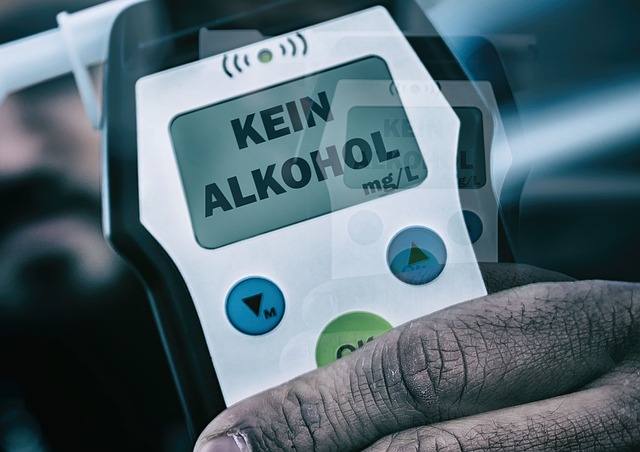Global perspectives on impaired driving reveal diverse challenges, with solutions ranging from strict laws to evidence-based strategies promoted by organizations like WHO. Youth DUI Prevention Programs stand out as vital tools in combating drinking and driving among young people, leveraging education, community engagement, and technology to foster responsibility. These programs aim to reduce traffic fatalities and injuries globally through interactive workshops, peer education, and early intervention strategies.
“Global perspectives on impaired driving present a complex web of cultural, legal, and social factors that significantly impact road safety. This article offers a comprehensive overview, delving into the understanding of global trends in impaired driving, with a specific focus on Youth DUI Prevention Programs.
We explore innovative strategies and successful initiatives worldwide, highlighting their importance in shaping safer futures for young drivers. By examining these programs, we aim to provide valuable insights for policymakers, educators, and communities seeking to combat this pressing global issue.”
- Understanding Global Perspectives on Impaired Driving: A Comprehensive Overview
- Youth DUI Prevention Programs: Strategies and Innovations for a Safer Future
Understanding Global Perspectives on Impaired Driving: A Comprehensive Overview

Understanding Global Perspectives on Impaired Driving involves recognizing that each country approaches this issue with unique challenges and solutions. In many nations, impaired driving is a significant public health concern, often linked to high rates of traffic fatalities and injuries. This global problem transcends cultural boundaries, but responses vary widely. Some countries have implemented stringent laws and strict penalties, including mandatory jail time and license suspensions, to deter individuals from driving under the influence.
Youth DUI Prevention Programs have gained prominence internationally due to their targeted nature. These initiatives focus on educating young people about the dangers of drinking and driving, often utilizing peer-to-peer education and community outreach to create awareness. Additionally, global organizations like the World Health Organization (WHO) have played a crucial role in promoting evidence-based strategies, such as enhancing law enforcement efforts, improving healthcare systems, and fostering public awareness campaigns to combat impaired driving worldwide.
Youth DUI Prevention Programs: Strategies and Innovations for a Safer Future

Youth DUI Prevention Programs play a pivotal role in shaping safer futures by addressing the alarming rates of impaired driving among young individuals. These programs employ innovative strategies, leveraging education, awareness campaigns, and community engagement to counteract the allure of alcohol and drugs behind the wheel. Through interactive workshops, peer-led discussions, and real-life storytelling, they foster a culture of responsibility and mindfulness.
Many successful Youth DUI Prevention Programs integrate technology, offering online resources and mobile apps designed to educate teens about the immediate dangers of impaired driving. They also encourage early intervention by training teachers, parents, and mentors to recognize signs of substance abuse and provide guidance. By combining rigorous education with supportive communities, these initiatives aim to break down risky behaviors, ultimately reducing the global burden of youth-related traffic fatalities and injuries caused by impaired driving.
Global perspectives on impaired driving highlight the urgent need for comprehensive solutions, especially when it comes to Youth DUI Prevention Programs. By understanding cultural variations and implementing evidence-based strategies, we can create innovative programs that effectively address this global challenge. Investing in youth prevention is crucial for fostering safer communities worldwide, ensuring a future free from the devastating consequences of impaired driving.






